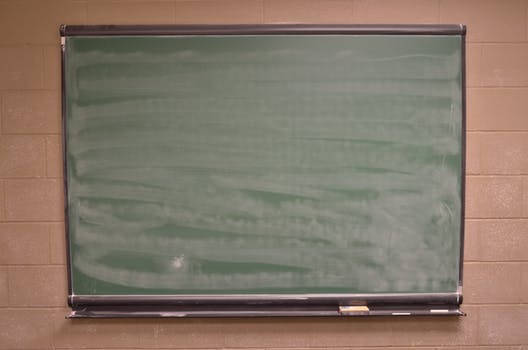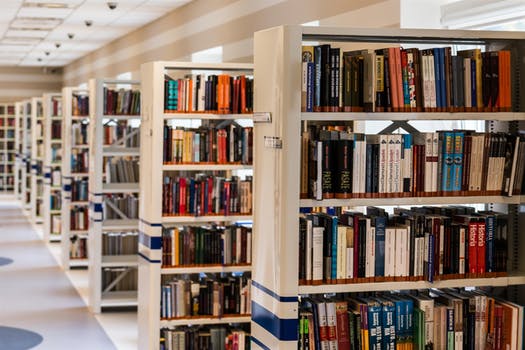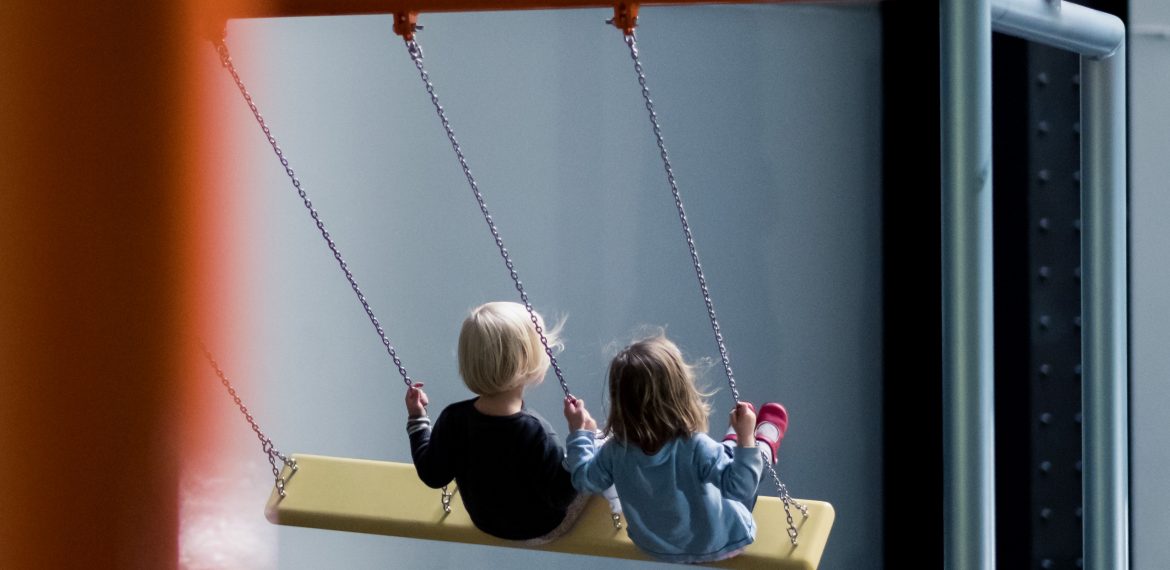Contents
Cognitive Development
How a child learns to think, make decisions, and solve problems.
Behaviors, activities, practices, and environments that have modified to mirror the age, characteristics and developmental progress of a certain group of children.
A set of skills or age-specific activities that early childhood experts believe that the majority of children should be able to do within a certain age range.
Is the creation of increasingly complex thought processes, including self-regulation, remembering, perceptual skills, language learning, problem-solving, and decision-making, from childhood through adolescence to adulthood.
Courses designed to help students who are not ready to tackle a college level academic subject make the transition from high school to higher education. To determine if students will be required to take these courses, schools have been known to use ACT/SAT sub-scores or placement tests.
A term used to describe children who have exceptional talents in some academic areas and challenges in others. In some instances, a twice-exceptional student could theoretically qualify for both gifted and special education simultaneously.
An expert that can help kids with language disorders learn to speak more clearly, convey their thoughts and feelings, and understand what other people are saying.
A disorder where kids have problems processing and interacting with the subtlety and nonconformity of communication. They don’t understand the social conventions of communication, such as personal space, the ebb, and flow of conversations, etc.
When a child does not display the correct response to sensory activity, such as sudden sounds or bright lights. Children with this disorder sometimes have issues with alterations of their daily routine, the taste or consistency of some foods or the sensation of certain types of cloth on their skin.









